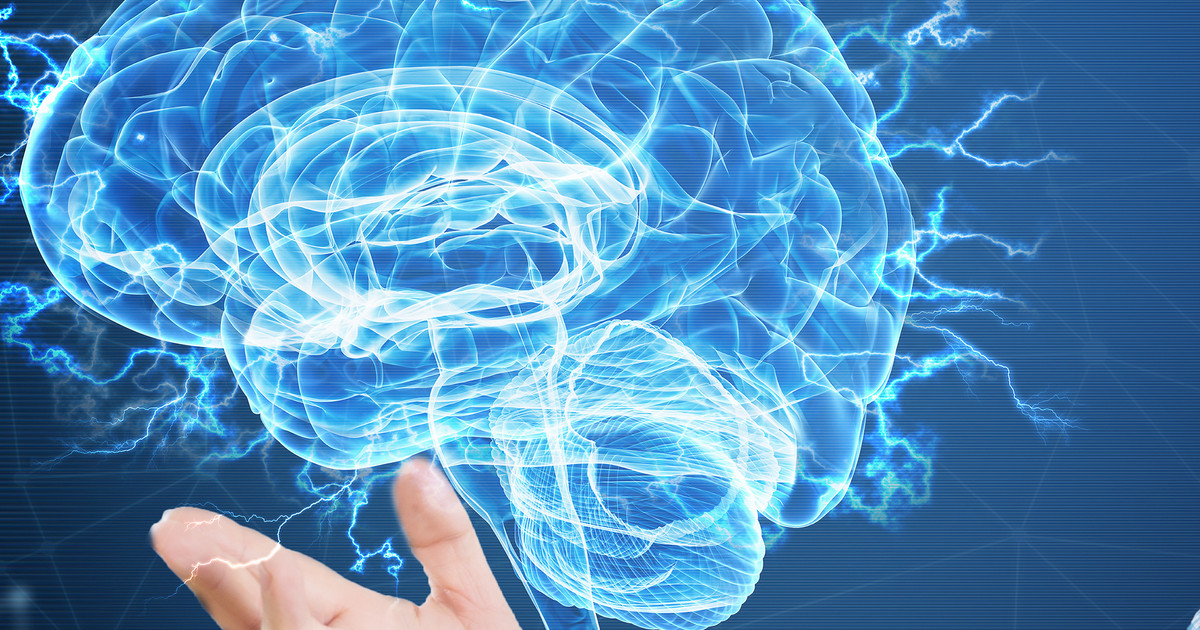Understanding The Causes And Risk Factors For Post-Traumatic Stress Disorder
Chemical And Hormonal Issues

In the past, the reasoning behind symptoms of post-traumatic stress disorder wasn't well-known. However, more and more research is showing PTSD patients have altered brain chemistry. When the brain witnesses the traumatic event, it goes into a heightened state of awareness. Even when the event is over, the brain continues to send out these panic signals. It's a defense mechanism in overdrive. Some individuals may find they won't experience symptoms until after leaving an abusive or unstable environment because of how their brain was compartmentalizing the experience.
Post-traumatic stress disorder is characterized by a huge number of chemical and hormonal issues. The biggest hormone change is in cortisol production. Cortisol is the body's stress hormone, and PTSD patients tend to have elevated levels of it even in safe situations. These elevated cortisol levels can, in turn, lead to too many myelin cells being produced, and too few neurons being produced. The changes alter the entire structure and functioning of the brain. This is part of why constant stress also has an impact on an individual's memory and ability to learn.
Lack Of Support System

When recovering from any mental illness, a strong support system is one of the most vital components. With PTSD, it's even more important. Individuals with post-traumatic stress disorder need a support system to show them they are safe and have people they can rely on. The support system also gives them a place to go when they experience symptoms, which can increase feelings of being safe. Strong familial relationships and friendships are vital to combating post-traumatic stress disorder, particularly when it appears alongside other mental health conditions like bipolar disorder, depression, or substance use issues.
A lack of support system only increases an individual's stress. If an individual's friends and family aren't supportive, they may feel driven to hide their symptoms and compartmentalize further. This doesn't mean the symptoms are gone, only that they aren't being expressed. Internalizing symptoms instead of expressing them can heighten an individual's risk of suicide. Additionally, a lack of support following trauma can also increase an individual's risk of developing post-traumatic stress disorder in the first place.
